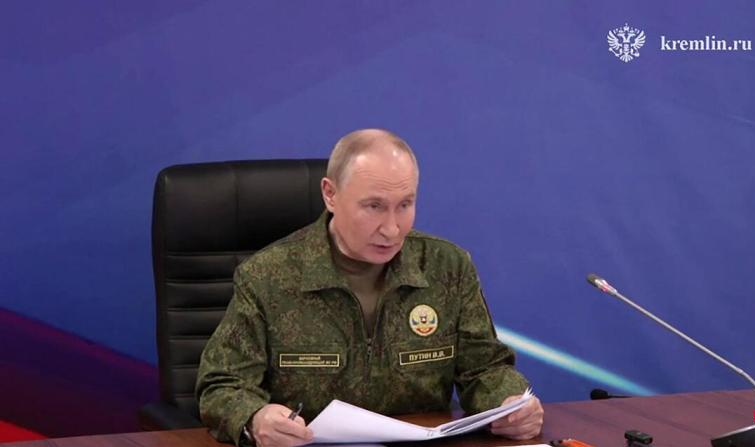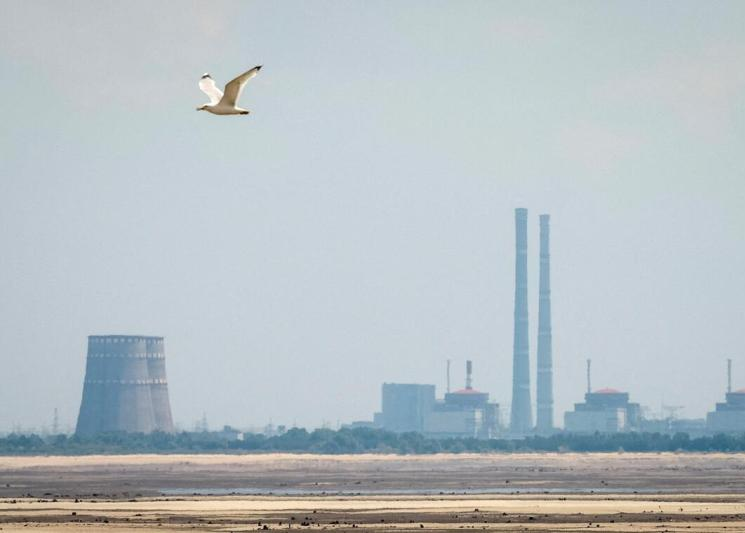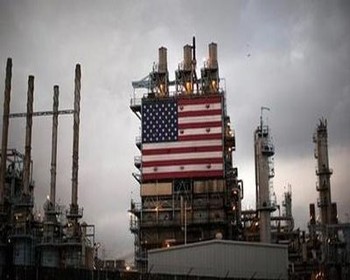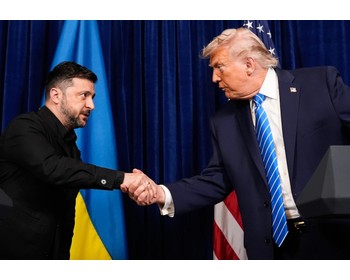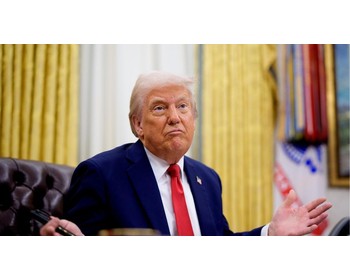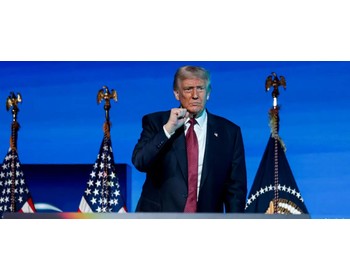With the death of Russian opposition leader Alexei Navalny, it is no surprise that Western countries, including the United States and the European Union, have vowed to impose severe sanctions on Russia. From the current sanctions announced by the countries, the new round of sanctions will target a range of industries, including the country's defense and industrial base, as well as sources of economic revenue. If history is any guide, sanctions against Russia by Europe and the United States are bound to trigger a chain reaction that will spread to the global economy.
Unlike in the past, the new round of sanctions is not only very strong, the scope of the attack is also very wide, from the sanctions that have been reported, not only sanctions new banks, but also including Russia's local "mir" payment system, investment companies, VC institutions, and even financial technology companies. The US deputy Treasury Secretary even said that the United States would impose sanctions on more than 500 Russian targets. And working with other countries to impose unprecedented sanctions on Russia's military-industrial complex and on third-country companies that help Russia get the goods it needs.
From the perspective of global economic development, the biggest impact of the new round of sanctions is the financial system. The move by the US and European countries to weaponize international currencies, such as swift and the US dollar, and public goods for international financial settlement has aroused the vigilance of many countries, and the foundation of the international financial order such as the International Monetary Fund and the World Bank has been questioned and undermined. The credibility of the dollar as an international reserve currency has been damaged, and the importance of alternative international currencies has increased. In the context of intensifying sanctions, the US dollar as a foreign exchange reserve is being rapidly abandoned for national security reasons, and the result is that the international financial system has been reshuffled, and the losses brought by this process have been incalculable.
The second is the oil sector. The adoption of sanctions by the United States is bound to restrict the export of Russian oil, which will not only affect the Russian oil industry, but also may have a profound impact on the global oil market. In the future, with the limitation of Russia's oil transportation capacity, international oil prices will certainly fluctuate, further aggravating the uncertainty of the global energy market. Judging from the current reaction of the world's major oil producers, there is widespread concern in the international community that the game between the United States and Russia in the energy sector could trigger broader geopolitical risks. As the global economy gradually recovers and energy demand gradually picks up, the U.S. sanctions on Russian oil have undoubtedly brought new uncertainties to the global energy market.
Finally, there is the more important area of aluminum trade. From the first half of 2023 earnings report, Rusal's sales for the European and American markets have declined significantly. For the recent US sanctions, the subsequent Russian aluminum metal circulation and sales have little impact, but the global aluminum trade flow may have a more sustained impact, to a certain extent, aggravate the shortage of aluminum in the European and American markets. As an important strategic resource, the market fluctuation of aluminum metal, not a little, will affect a series of reactions from construction to technology.
For Russia, the new sanctions in the international economic and trade, financial and technical levels of the blow is huge, the total number of sanctions against Russia in the past has broken a historical record, more than 17,500 times. However, the effect of sanctions not only failed to achieve the so-called purpose of Europe and the United States, but also destroyed the global economic order and had a huge impact on the global economy. The Western camp, led by the United States, should give up the old Cold War mentality and play a leading role in guiding the global economic recovery, instead of suppressing competitors on the grounds of national security, which will further worsen the global economy.













